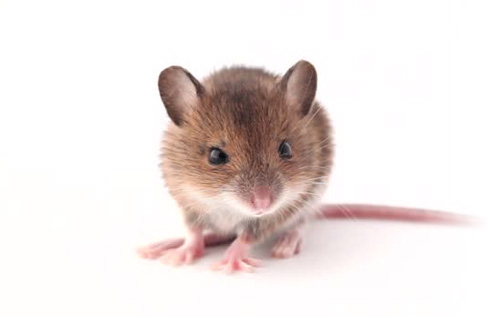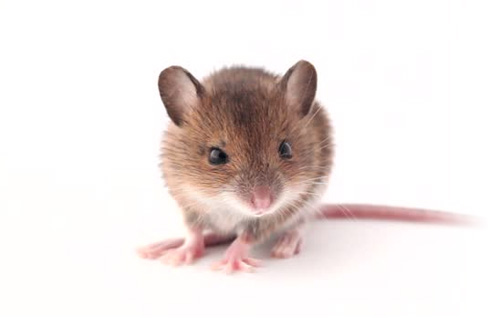
House mice are a part of Irish wildlife – but when they take up residence with you, they can be a cause for concern.
Active all year round, mice are one of the most common pest species in Ireland. House mice are small mammals of the order Rodentia.
Although house mice are often considered to be cute by some people, they are a public health pest and can cause serious harm.
Mice have been known to spread nasty diseases – such as Salmonella and Listeria – to humans through their urine, droppings and bedding.

The house mouse has a typical mouse profile: small feet with big eyes and thinly-haired ears, and a pointed snout with thin whiskers.
Their body length ranges between 60-90mm, and the tail generally equals the length of its body, adding another 90mm.
They weigh less than 25g, and their fur colour is uniformly light brown and grey, right down to the tail which has sparse hairs on it.
And keep those nose pegs handy – they have a really distinctive, strong smell so you’ll know if you have a large infestation of these unwanted guests.

In comparison, a field mouse has sandy brown fur with a lighter underside.
As it mainly lives outdoors, it has bigger eyes and ears than a house mouse. This is an adaptation to avoid predation.
Field mice also have long tails, making them quite agile climbers.
Juveniles are greyer overall, still with larger ears, hind feet and tails than house mice.

It is important to get rid of mice quickly, as mice are adaptable, highly mobile and breed rapidly – this combination can make mouse control a difficult task for the untrained individual.
For any mouse infestation, we would always recommend contacting a professional pest control company
They are trained in mouse control and will have access to a range of professional use rodenticides which are not available to the public.
If you decide to carry out the work yourself, then you can buy amateur use poisons and traps from a hardware store or garden centre. It is crucial that you read the label fully before use.
However, due to their habits, traditional baiting techniques and trapping frequently do not work, and a combination of rodenticides may be necessary.
It is common knowledge in the pest control industry that almost all house mouse populations in Dublin (and possibly other cities) are resistant to traditional rodenticides.
Amateur-use products are restricted and it is likely that you won’t be able to purchase the necessary poison.
An alternative to using poisons are break-back traps.
You may catch mice if baited with nutty chocolate, raisins or similar attractive food and placed close to signs of mouse activity.